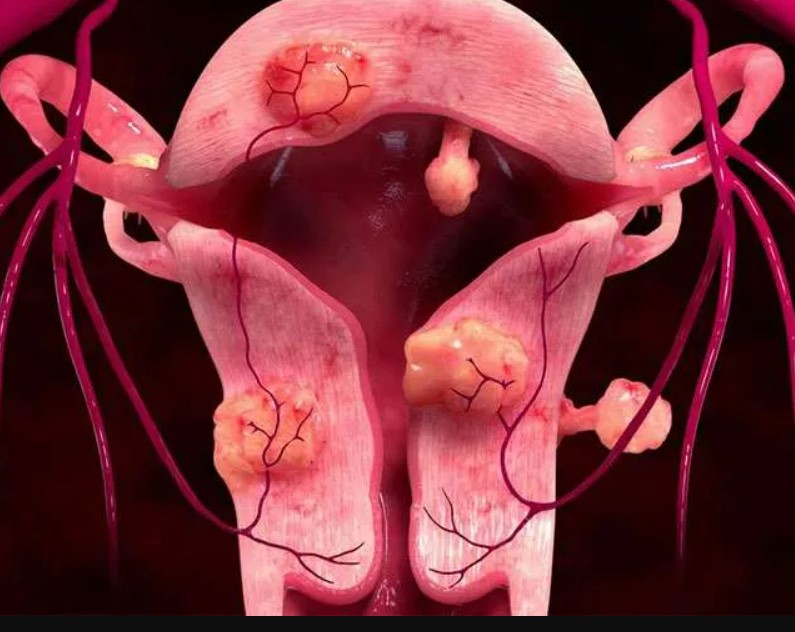When it comes to women’s health, uterine fibroids are among the most misunderstood health problems that you can encounter. Uterine fibroids are noncancerous growths that develop in the uterus, and they can range in size from small to large and can cause a range of symptoms.
uterus, and they can range in size from small to large and can cause a range of symptoms.
If you are pregnant and have uterine fibroids, you may be wondering what effect they could have on your pregnancy. In most cases, you’ll find that the effects of uterine fibroids are not as bad as one might think. However, there are certain risks that you need to be aware of and discuss with your doctor in full, to make sure everything goes smoothly.
Potential Problems to Look Out for
If you’re diagnosed with uterine fibroids, you can expect certain problems to arise, even though most of them might be mild. Nevertheless, it’s important to be aware of them, as well as of the more problematic effects that the condition can have on your body:
• Uterine fibroids can increase the risk of preterm labor, which is labor that occurs before the 37th week of pregnancy. This risk is higher if the fibroids are large or located near the cervix.
• As experts might point out, fibroids can also increase the risk of fetal growth restriction, which is when the fetus does not grow at a normal rate. This risk is higher if the fibroids are large or if they interfere with the blood supply to the placenta.
• Preterm rupture of membranes can also be a significant risk. This is when the membranes surrounding the fetus rupture before the 37th week of pregnancy.
• In rare cases, uterine fibroids can increase the risk of miscarriage, which will be greatly heightened if the growths are large or located near the cervix.
• Your doctor may caution against the risk of placental abruption, which is when the placenta separates from the uterine wall before delivery.
• In some cases, uterine fibroids can even make it difficult to conceive. This possibility is more likely if the fibroids are large or if they interfere with the fallopian tubes.
Aside from all of these concerns, uterine fibroids can also trigger increased pain and discomfort – which can be a problem, especially if your pregnancy is already a difficult one to begin with. The condition may lead to greater pain as the uterus grows larger, even if at first the pain might be manageable. That can make it difficult to move around or sleep comfortably.
Possible Treatments to Consider
In many cases, fibroids do not cause any problems during pregnancy and can be left untreated. However, if they are causing significant pain, bleeding, or other symptoms, or if they are blocking the birth canal or causing other complications, treatment may be necessary.
Some possible options include uterine fibroid embolization in Chicago, various medications to manage the symptoms they are associated with, as well as various surgical or non-surgical procedures that will be recommended and performed by a trained professional. Depending on the location and size of the fibroids, a cesarean delivery may be recommended to avoid complications during delivery.
